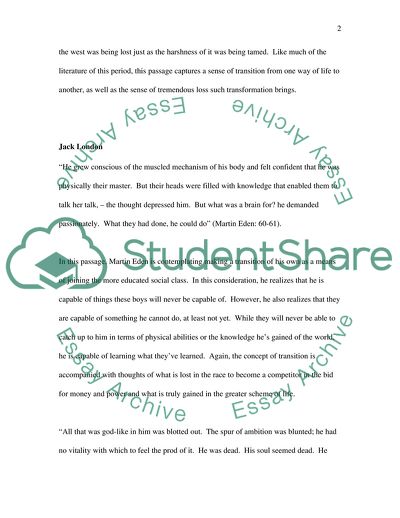A Closer Look at the American Literature Report Example | Topics and Well Written Essays - 1500 words - 1. https://studentshare.org/literature/1707467-lit
A Closer Look at the American Literature Report Example | Topics and Well Written Essays - 1500 Words - 1. https://studentshare.org/literature/1707467-lit.


